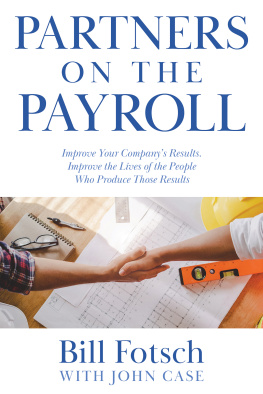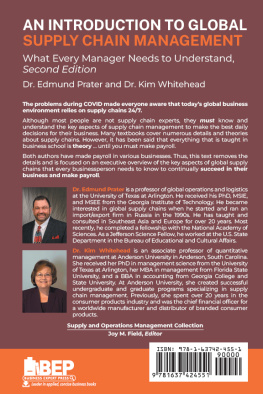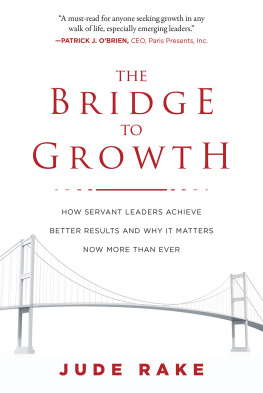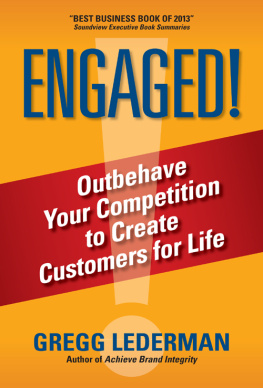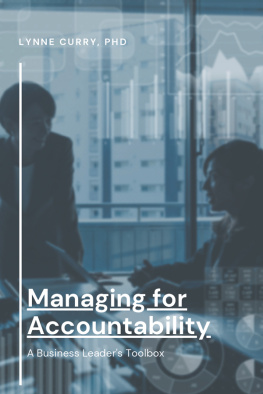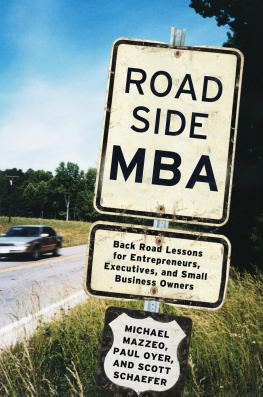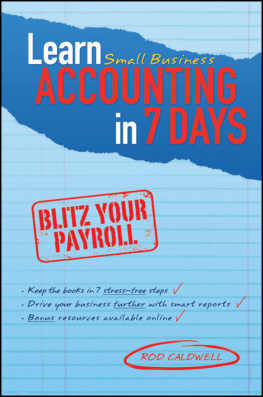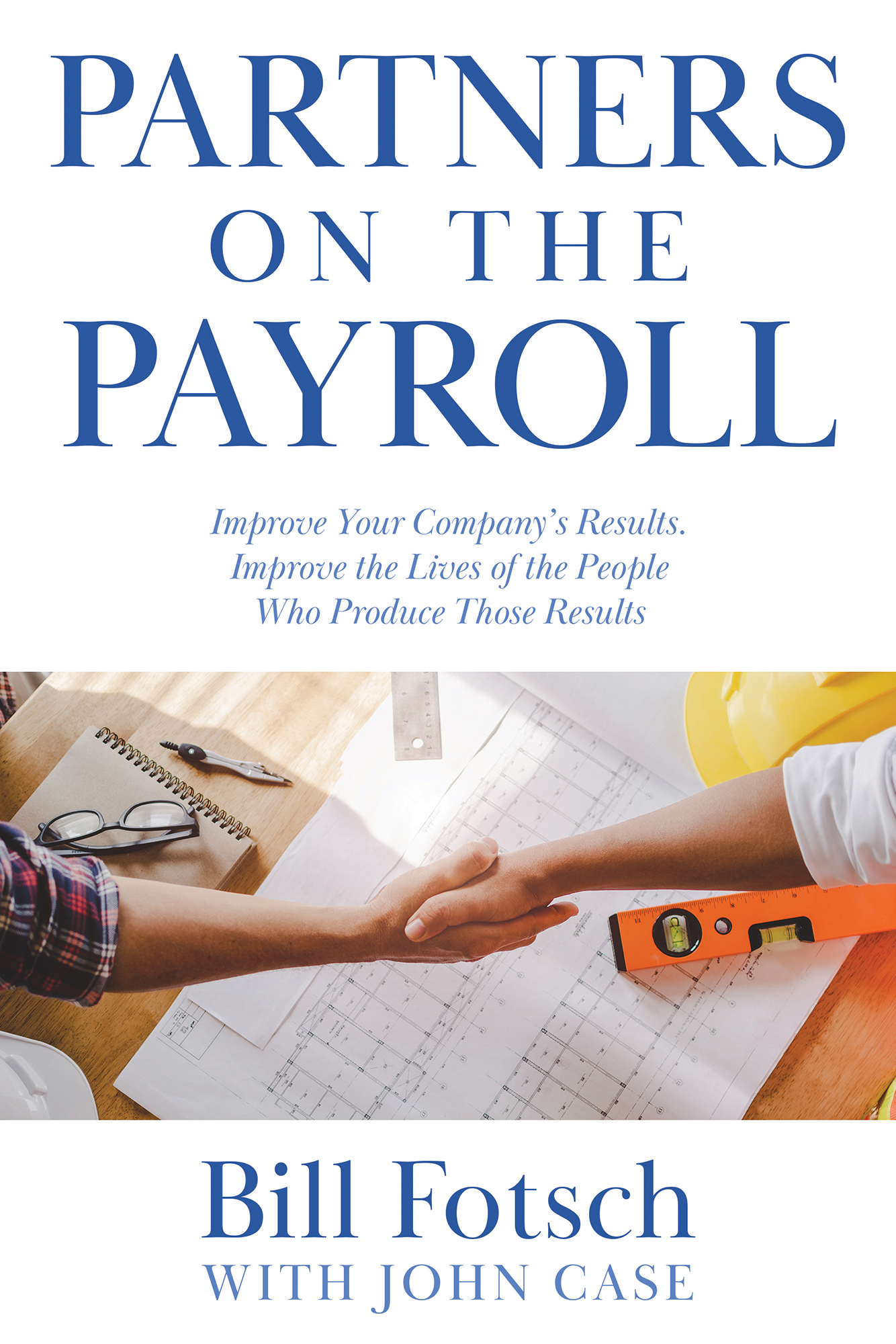Partners
on the
Payroll
Improve Your Companys Results.
Improve the Lives of the People Who Produce Those Results.
Bill Fotsch
With John Case
Advance praise for Partners on the PayrolL
We dont have hired hands any more. Bill has helped everyone at One Week Bath think like partners.
Matt Plaskoff, President and CEO, One Week Bath
I love this book! It leads and teaches everything I believe in and have tried to do for the last 20-plus years. In that time we have grown from $7.5 million (which it took 20 years to get to) to over $125 million this year! I know it works and so does every one of my partners! Thanks, Bill!
Robert Griggs, Founder and President, Trinity Products
I read it straight through. What incredible experiences Bill has had coaching companies to build extraordinary success! The feeling of coaching our team and witnessing employees transforming into business partners will stay with me for a long time. Having led a company this way it feels completely foreign to try any other way. Why would you keep employees in the dark? Why would you try to shoulder the burden of solving business problems all to yourself?
Melissa Hamilton, Board member and former CEO, Stellar
The pandemic brought unique challenges to healthcare providers like us. Using this approach allowed us to make dramatic strides in profitability and overall patient care. But culture and employee engagement have always been important, too, and the approach reinforces important cultural aspects like economic engagement, transparency, and teamwork.
Guru Sankar, Managing Partner AFC, Urgent Care Portland
A wonderfully readable book that will help every company owner and manager get the most from their teams. It shows how companies should runwith people, principles and profits.
Ronald Saks, President and CEO, LMI Aerospace
Helping every associate understand how they contribute to the organizations success is key, and we were able to accomplish that in Productions Services at Capital One. Partners on the Payroll wonderfully illustrates the value of all employees acting as committed and engaged owners.
Dan Mortensen, President and CEO, Virginia Council on Economic Education
Former executive, Capital One
We have nothing but partners on our payroll at Comfort Supply. Everyones an owner, and everyone understands the business. I recommend this book to every entrepreneur.
Clay Blevins, President and CEO, Comfort Supply
We worked with Bill Fotsch for many years and he was instrumental in helping us implement open-book management. This management practice elevates employee engagement and creates true partners that work together for the greater good.
Elizabeth Wilder, President and CEO, Anthony Wilder Design/Build
Our company experienced serious challenges following the global financial crisis, and Bill Fotsch helped us navigate them. Today were a stronger business thanks to the ideas Bill outlines in this book.
David J. Pring, CEO, Post Form Laminating
Bill helped our company operate more profitably by engaging everyone in the economics of the business. This book will show you how to do it.
Angus Beasley, Cofounder, Adams + Beasley Associates
Youll want to buy a copy of this book for everyone on your team, and then put its ideas into action. Quite simply, its a better way to run a company.
Janet Wheatley, Vice President, Traveler Services North and Latin America
Carlson Wagonlit Travel (retired)
Through working with Bill I was able to participate in the process of bringing company and employee goals to the table, resulting in the parties working together instead of at cross purposes. Bills work made a big difference.
Warren Johncock, Union Delegate
An extremely helpful book. Its the way we run our company.
Richard Feuerborn, CFO and Principal Engineer
FA Engineering
I dedicate this book, first and foremost, to my immediate family, who taught and reinforce the basic principles on which this book is based. And to all the partners in my career who embraced treating everyone they encountered as part of their extended family.
Preface
I magine a company where everyone on the payroll is engaged and committed. Where employees are considered trusted partners rather than hired hands. Where everyone has a chance to learn about the business, to contribute to its success, and to share in the wealth they help create.
Such a company would likely be highly profitablea leader in its market. It would attract and keep the best people. It would be innovative, because employees would regularly come up with new ideas to boost efficiency or better serve customers. It would be an organization that everyone, from the CEO to the accounts-payable clerk, could take pride in being a part of.
As we continue to rebuild the American economy after the coronavirus pandemic, this is the kind of company we need. We need businesses that can compete with anyone in the world. We need businesses that provide all their employees with good jobs, with opportunities to grow, and with a chance to accumulate wealth. We need a system that gives millions of hard-working citizens a chance for a better life, funded by companies that are profitable and growing.
Such a system might be called partnership capitalism. The companies that make it up might be called partnership companies . They have partners on the payroll, not hired hands.
We may have to wait awhile for the system to develop. But there are plenty of partnership companies around. This book will tell some of their stories. And it will show you how to create one.
Introduction
The Closet Capitalist
I arrived in Australia on a Tuesday. I had worked in Europe for a few years early in my career, but I wasnt what youd call a world traveler. So Australia was a surprise. I had left the US in the middle of winter; now, suddenly, it was summer, hot and dry. The grass was green, the flowers in bloom.
I was there to work with BHP Billiton, known today as just BHP. Its a big mining company with operations all over the world. BHP had a nine-thousand-employee iron ore facility in Port Hedland, on the countrys northwest coast. Port Hedland is nearly a thousand miles from Perth, and Perth itself is on the other side of the continent from cities like Sydney and Canberra. I had to take a couple more flights to get to my destination.
Before I arrived, my colleagues and I had conducted a survey of the managers and employees at BHPs facility. We were worried. Management mistrusted labor. Labor hated management. The two groups were often openly hostile. The companys most recent managerial initiative was from the human resources offices so-called Blue Group. It advised the miners to be nicer to each other and to stop swearing. The reaction among the employees was predictable; it showed up in the surveys plain as day. My BHP contacts were hoping I could help them overcome the mistrust and hostility.
We began by conducting ninety-minute sessions for thirty to forty employees at a time. We shared what we learned from the surveys. We showed a video of a company where managers and employees were more like partners. We discussed how we could apply the lessons at BHP. We held twenty sessions that first week.
In the second week, we asked BHPs local managers to provide introductions. One of those introductions still makes me cringe so much that I remember exactly when it happened: Tuesday, the third session of the week. The manager was young. He meant well. But heres what he said: Bill Fotsch is an internationally recognized management leader, speaker, and consultant. He has worked with companies like Southwest Airlines, Harley-Davidson, Capital One, and the Zambia Consolidated Copper Mine. He graduated top of his class from Harvard Business School. We are fortunate to have him with us.

